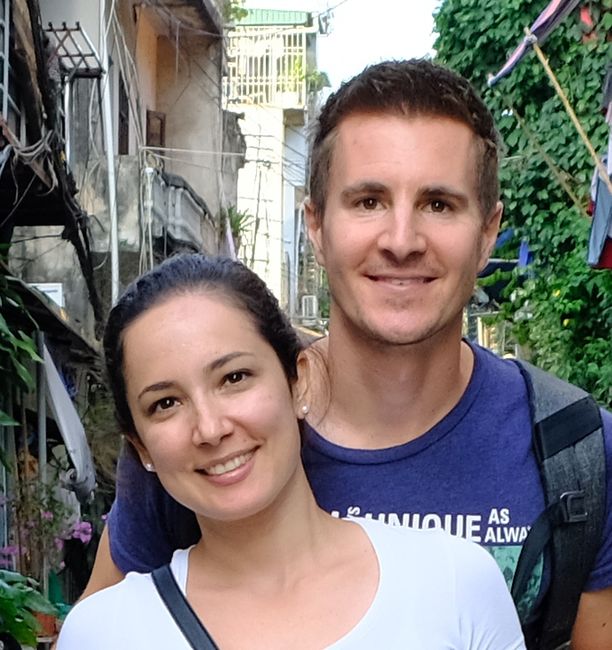Costa Rica
ਪ੍ਰਕਾਸ਼ਿਤ: 14.01.2023
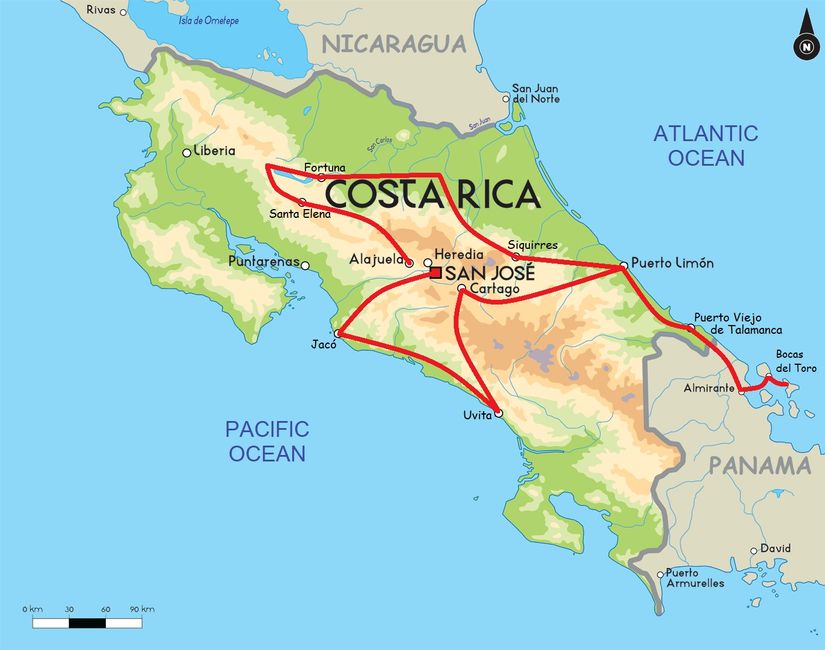
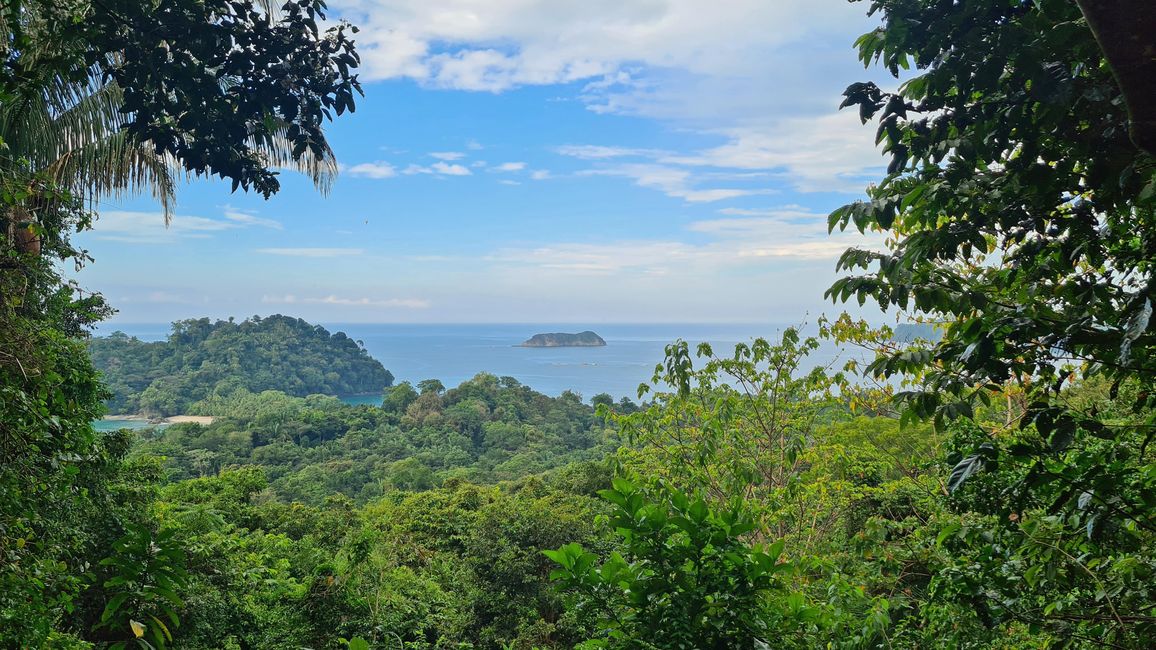
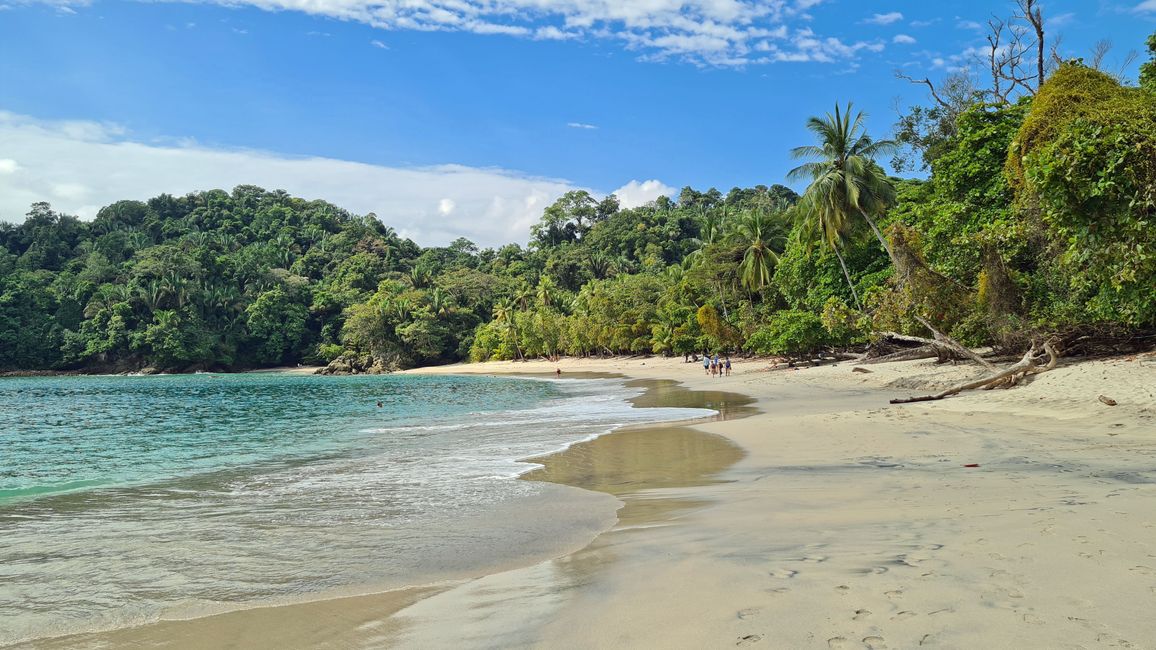
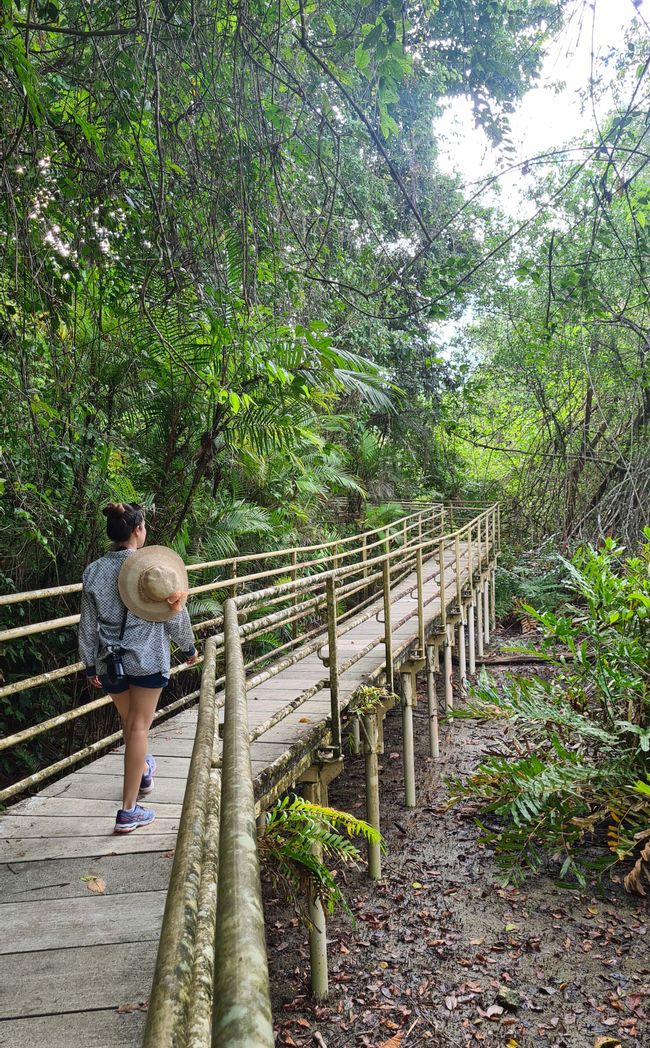
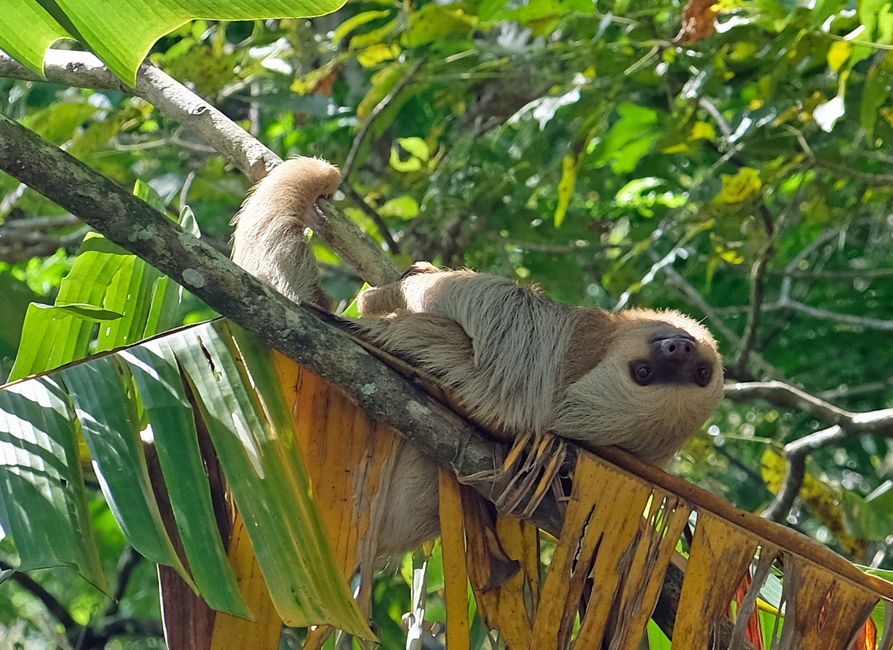
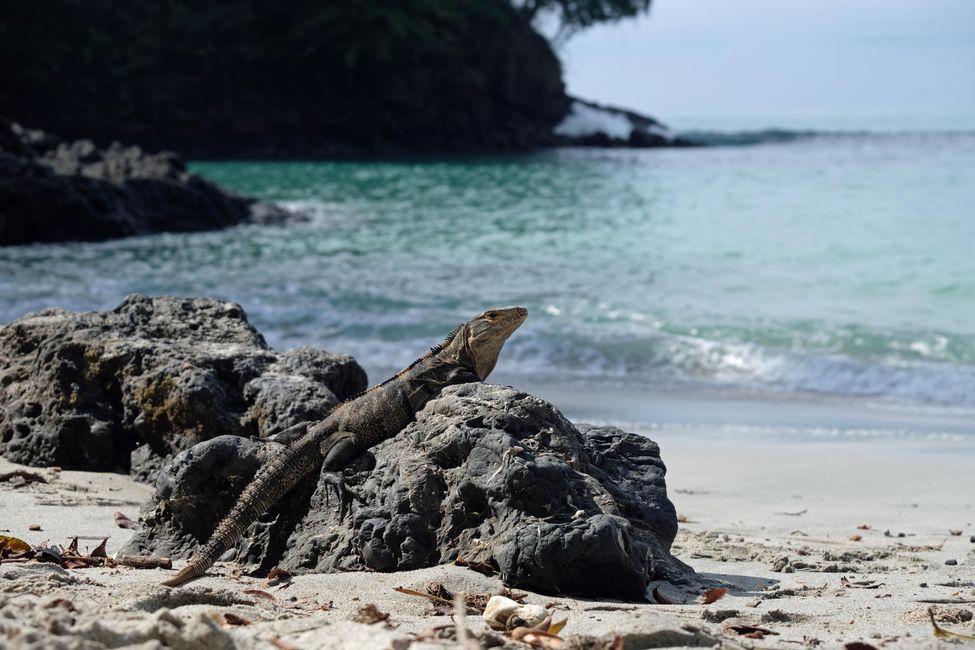
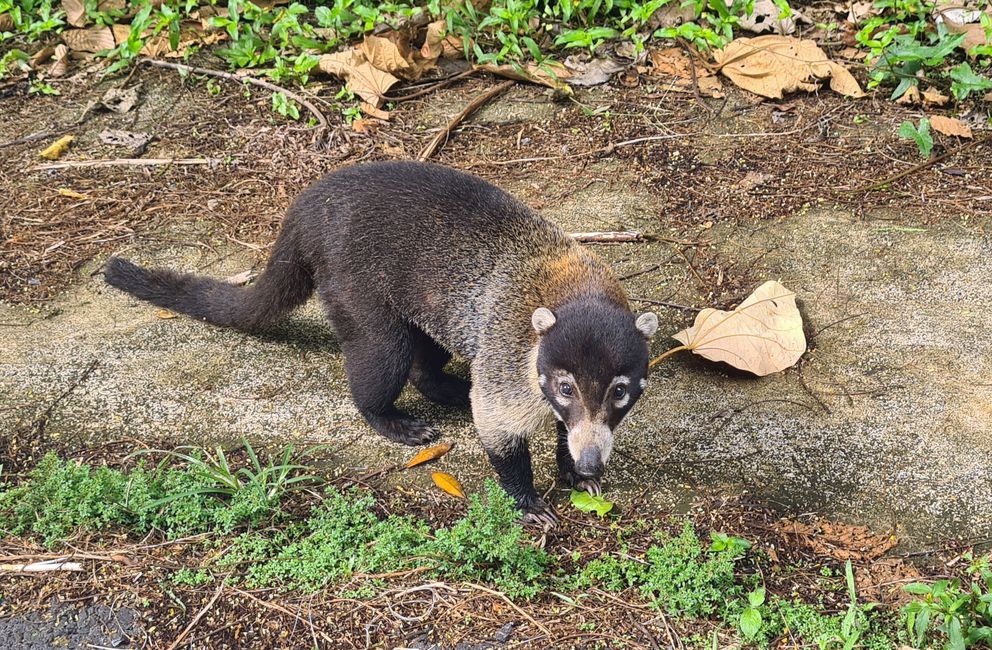
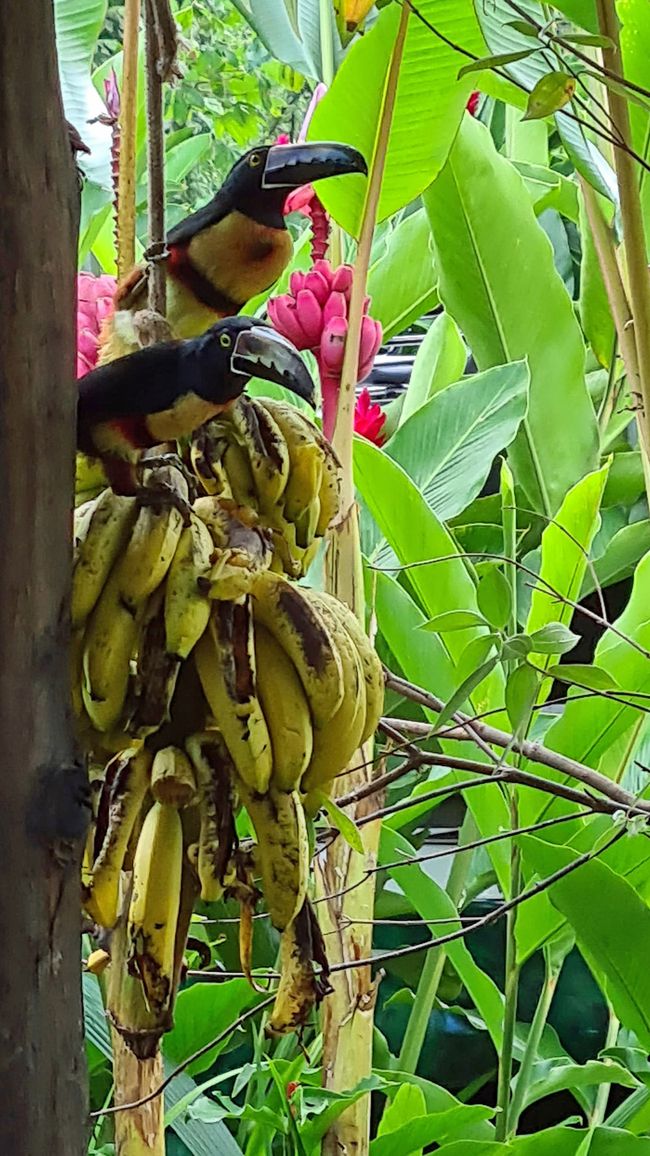
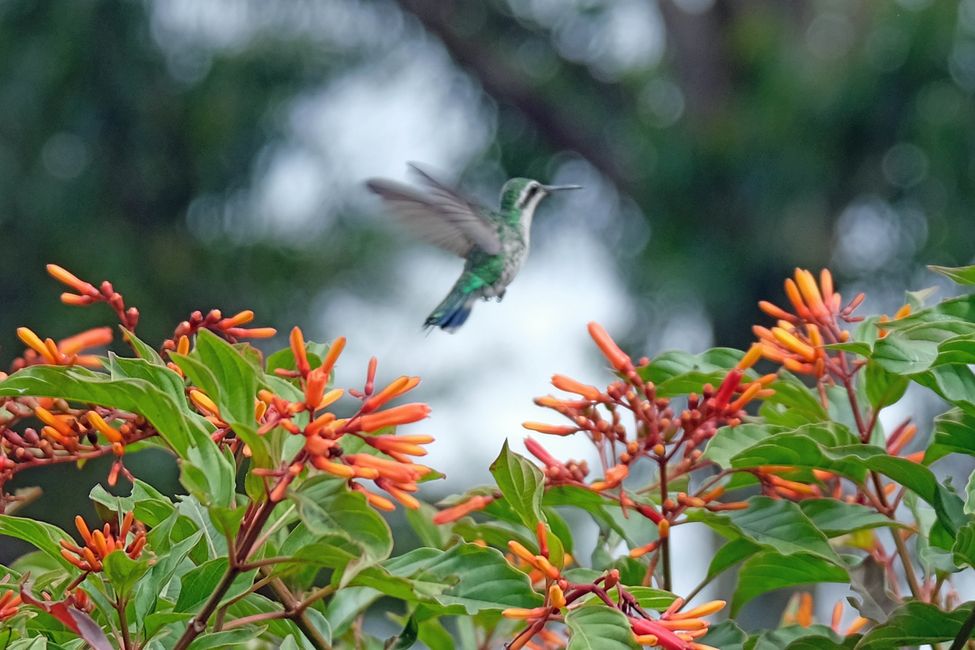
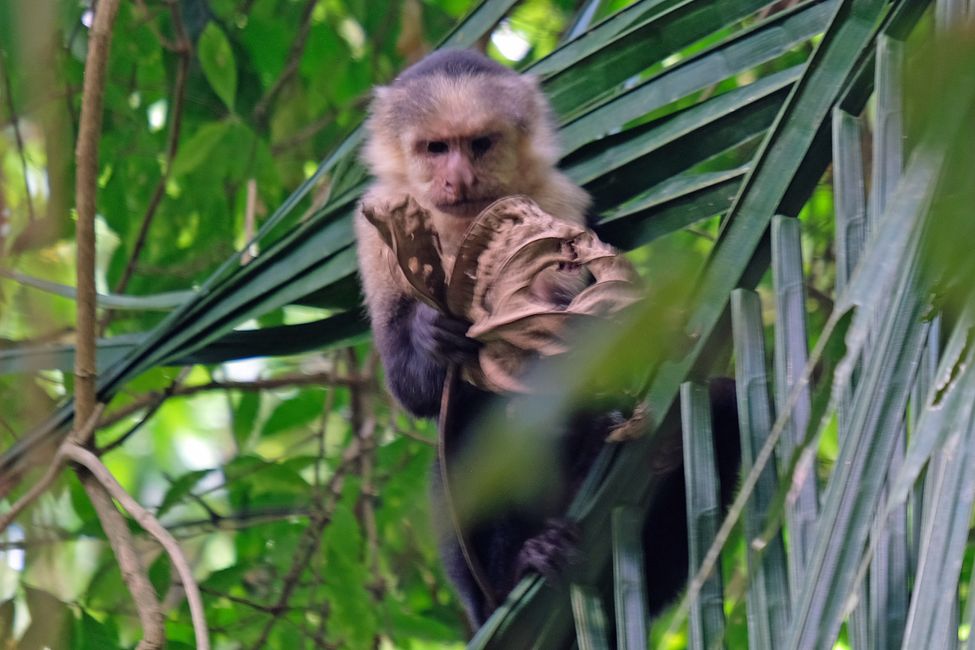
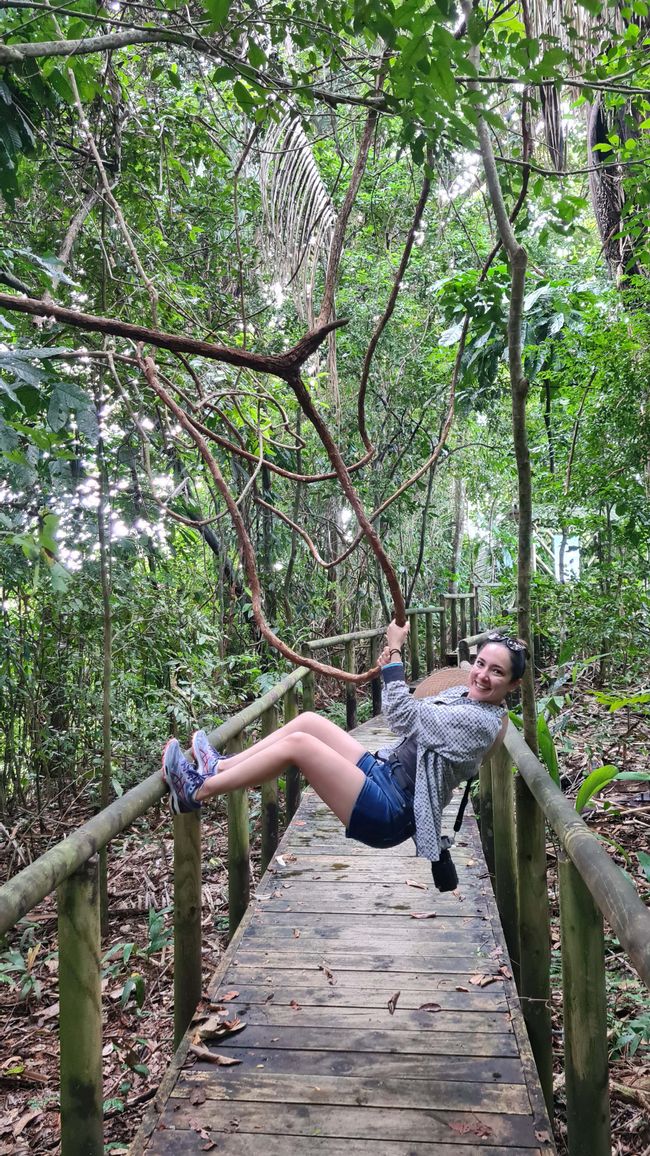
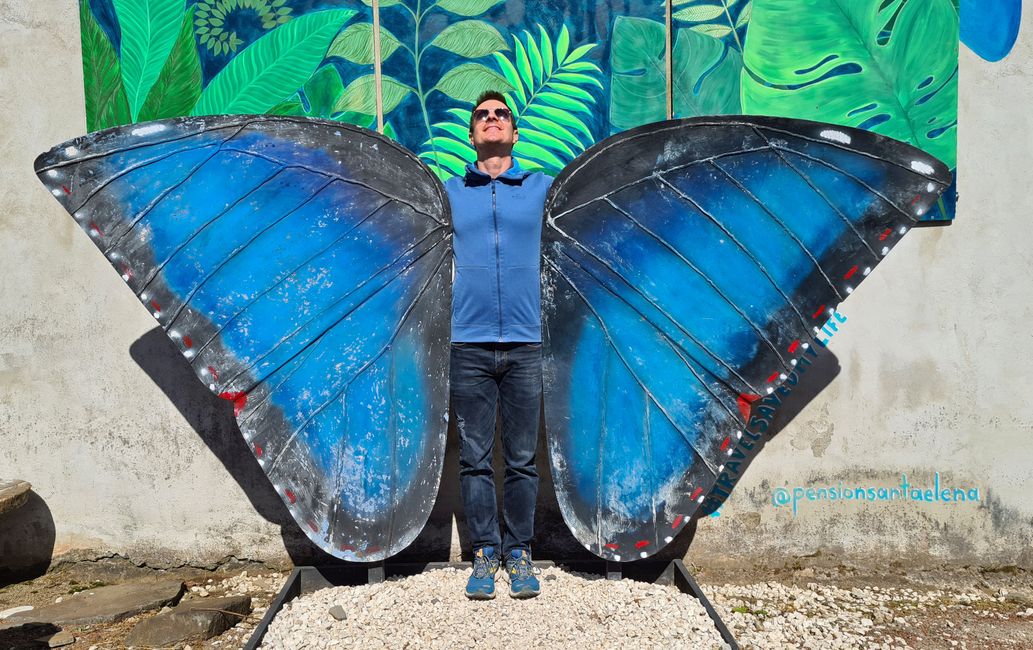
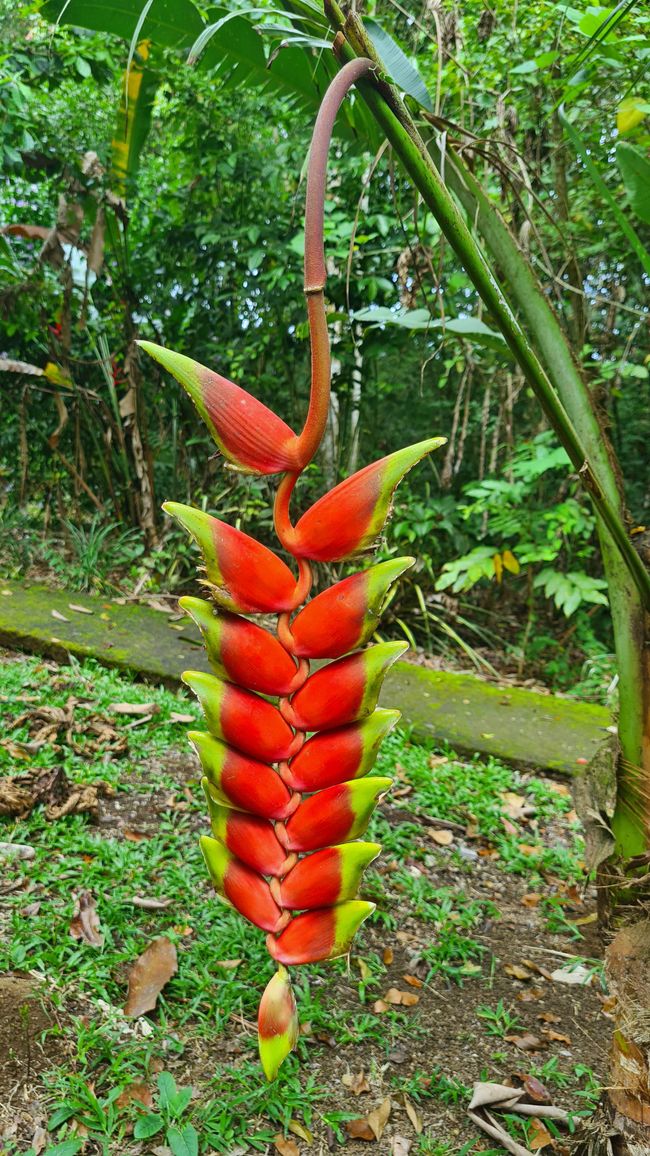
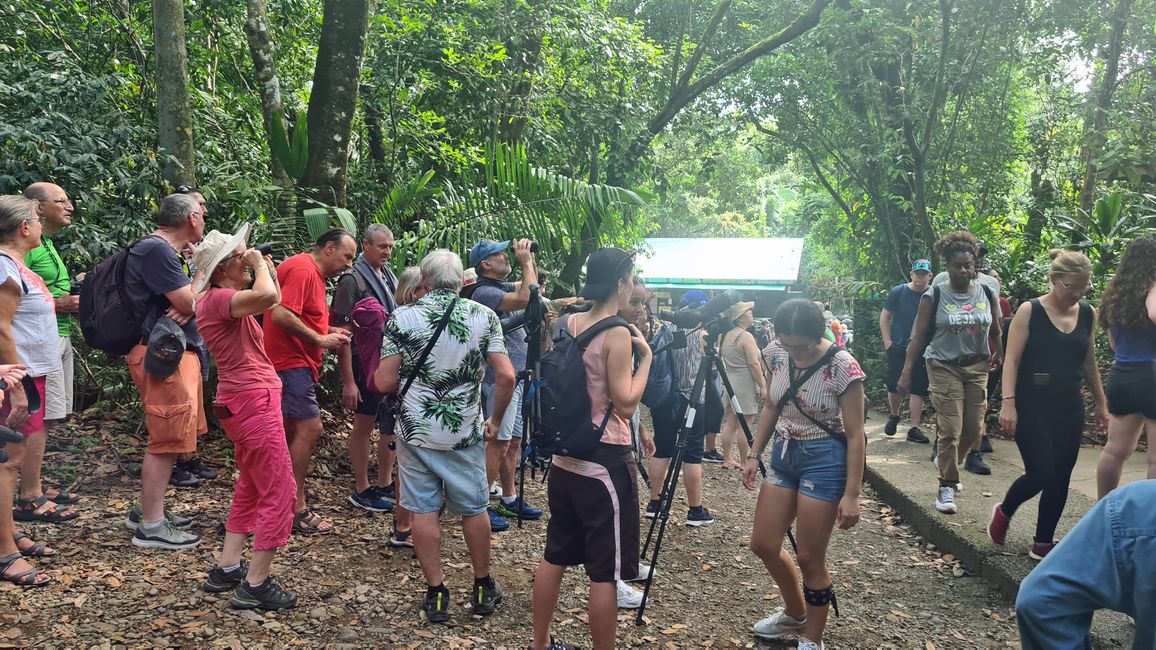
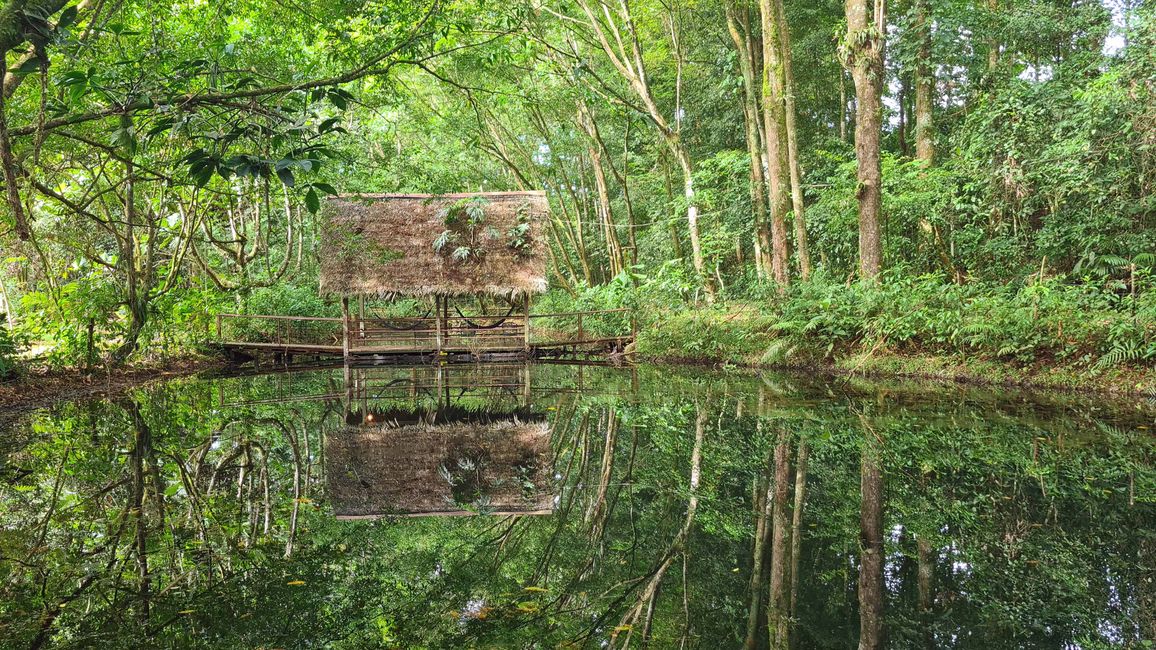
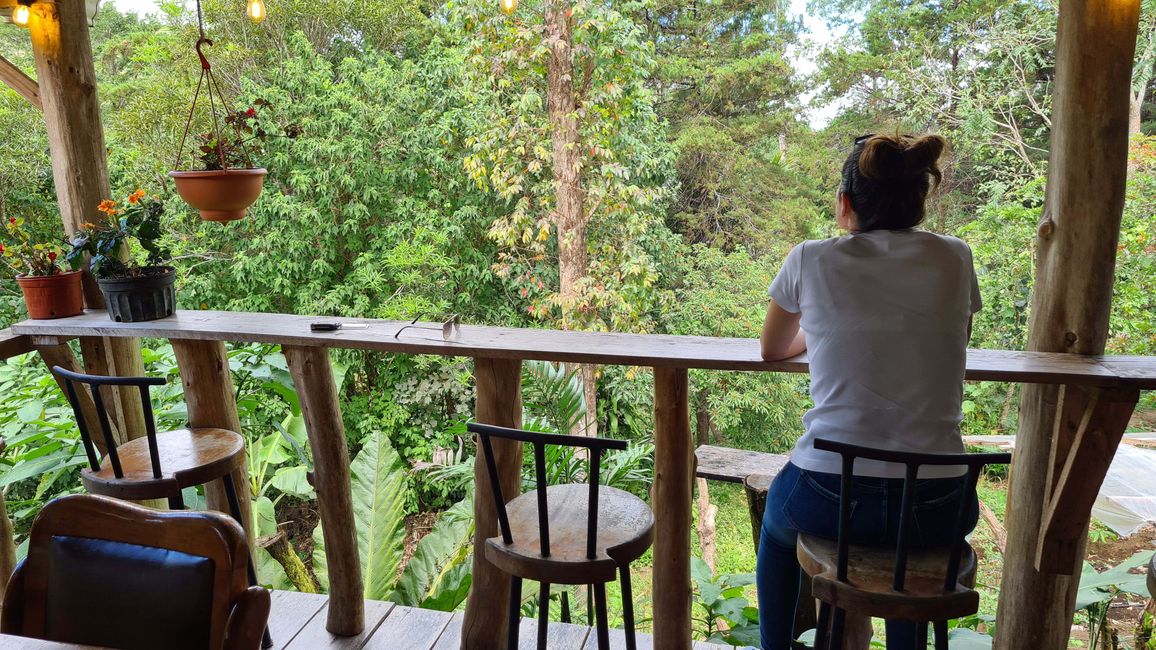
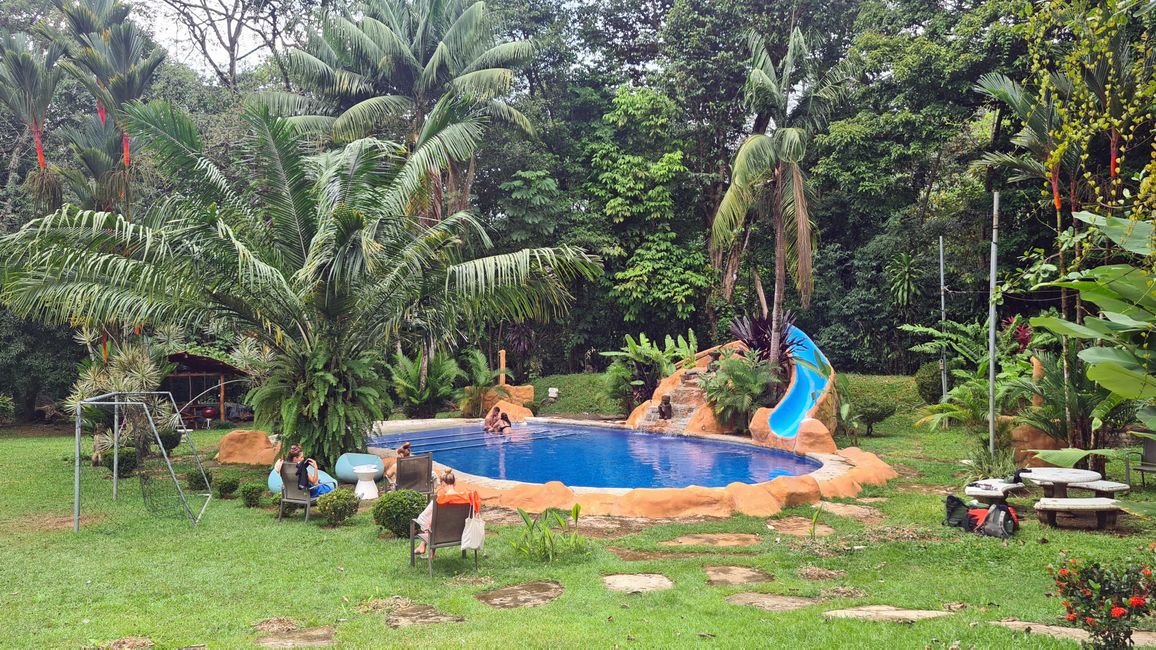
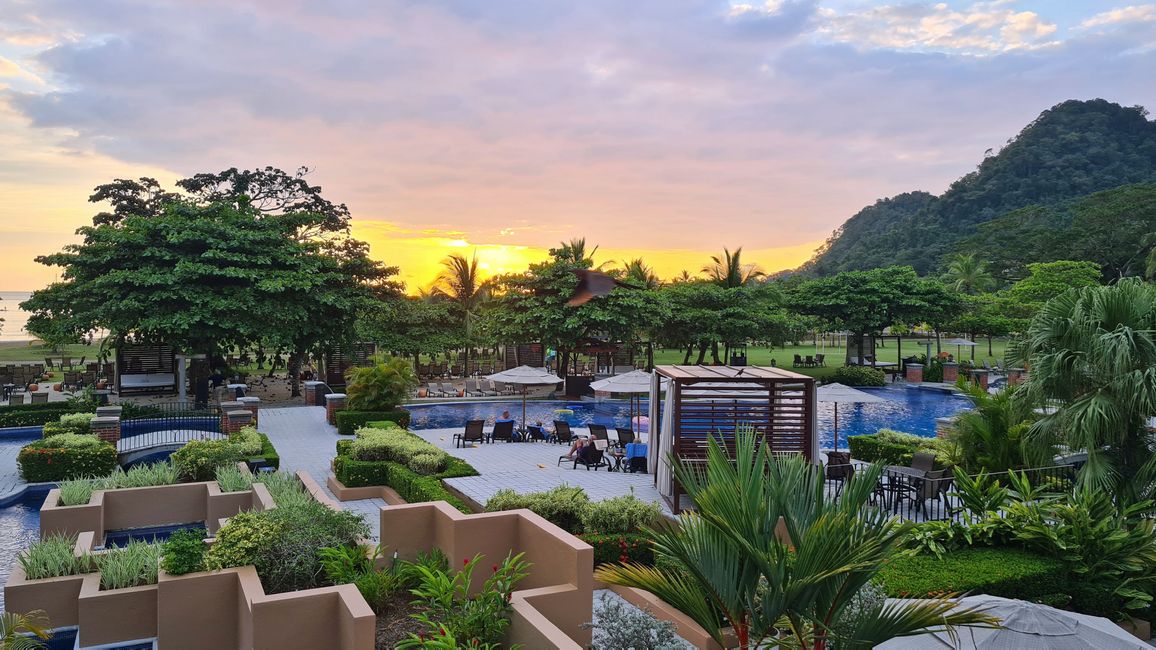
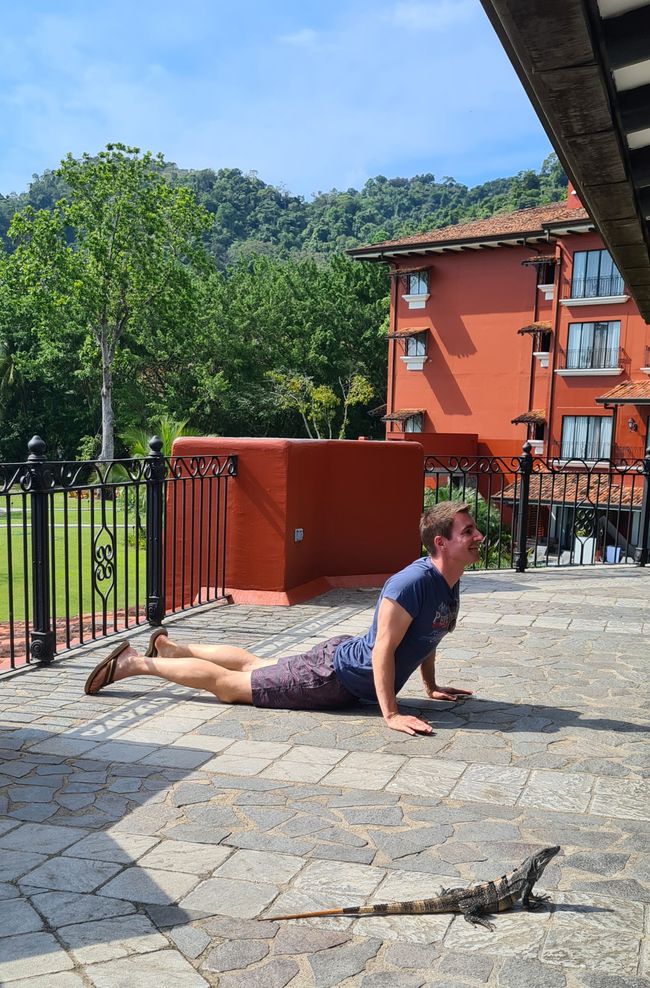
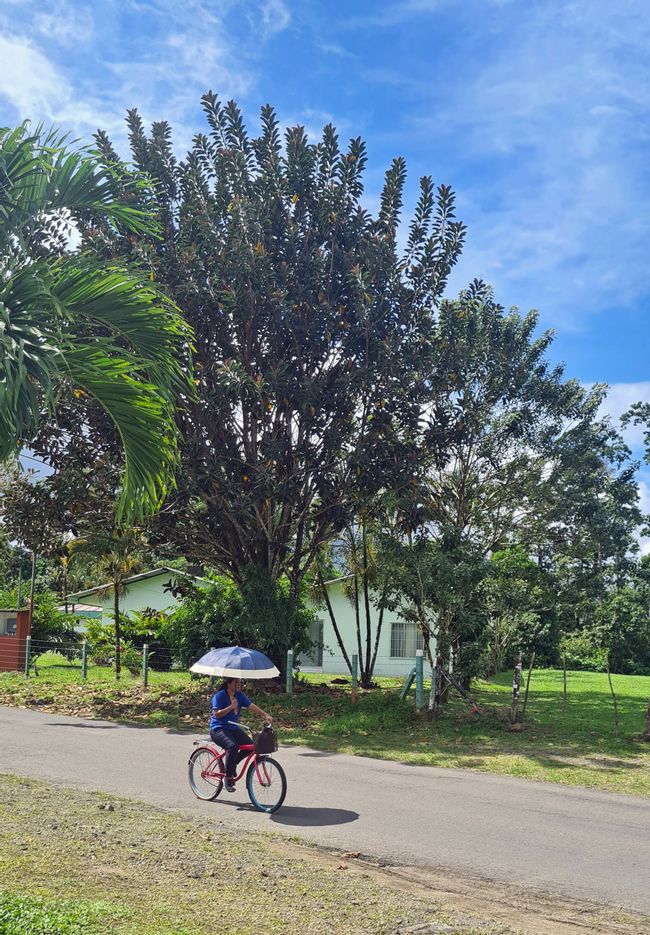
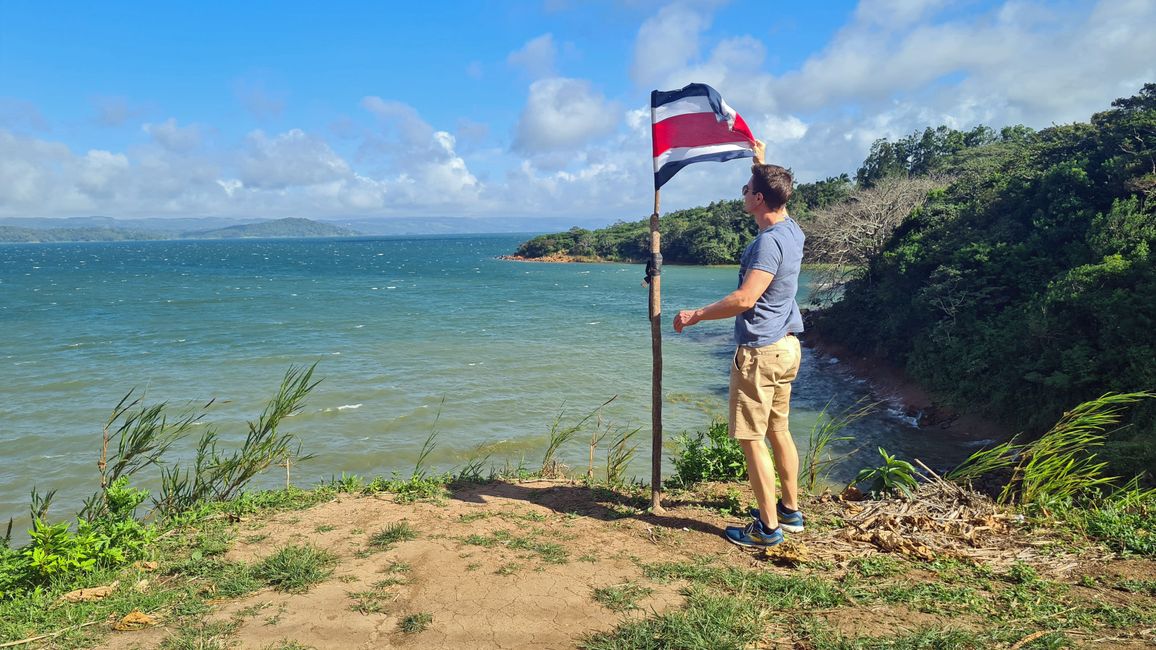
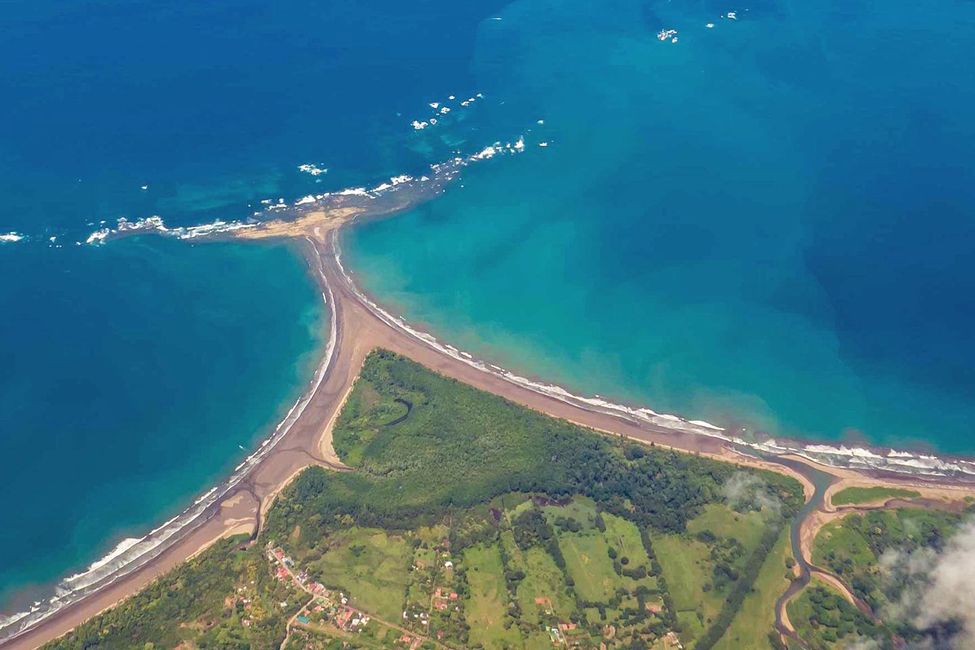
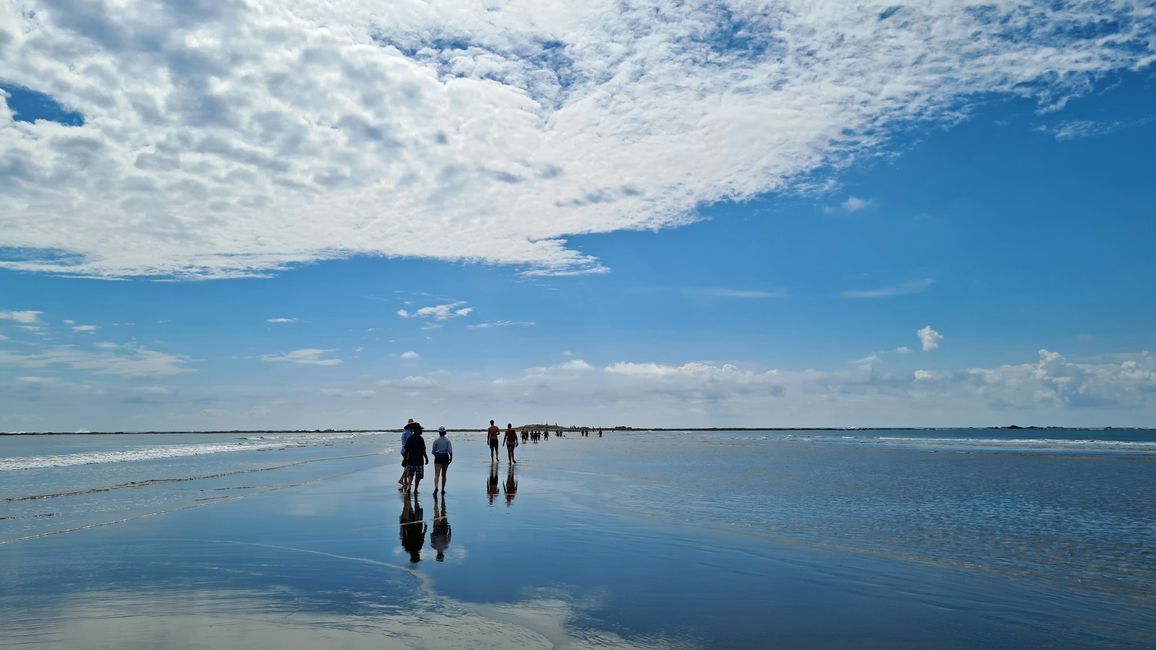
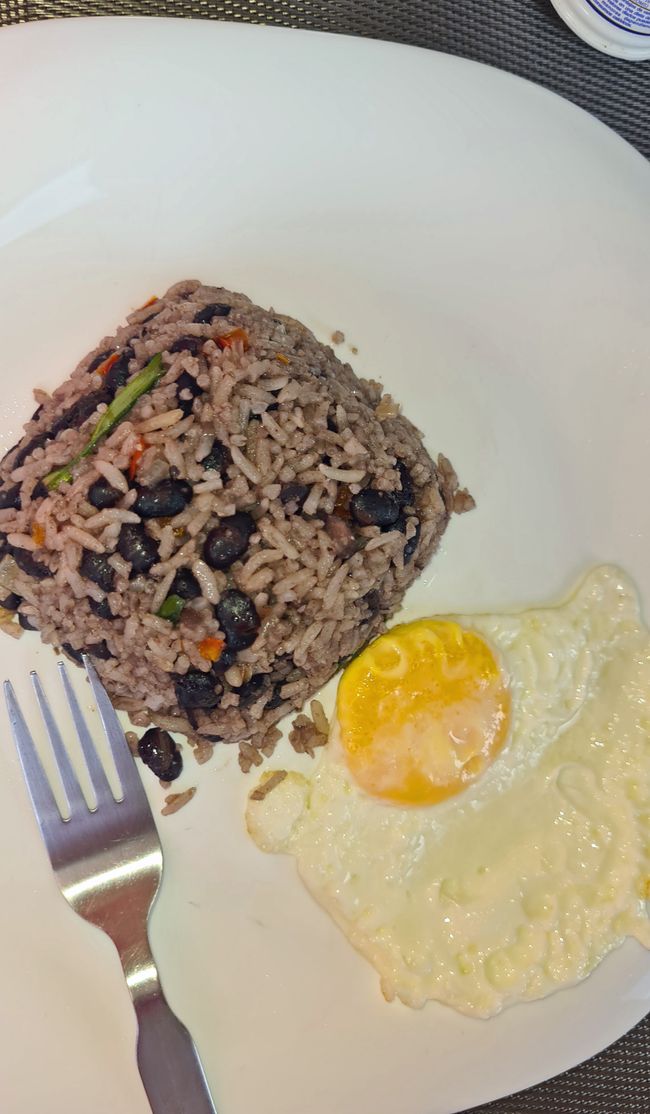
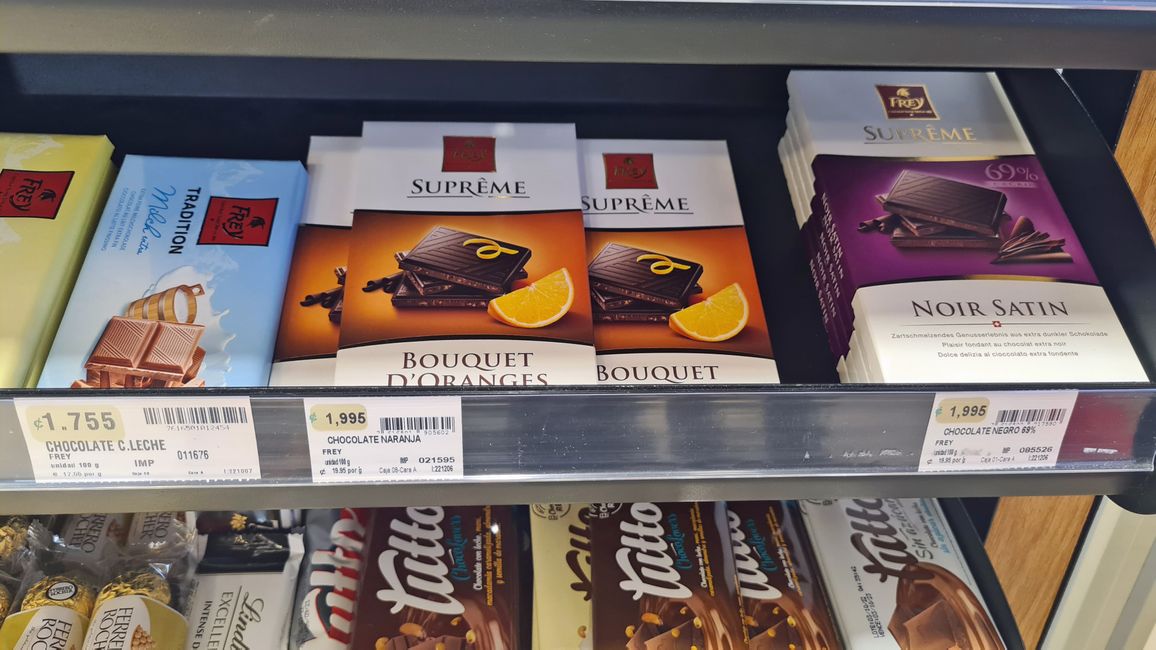
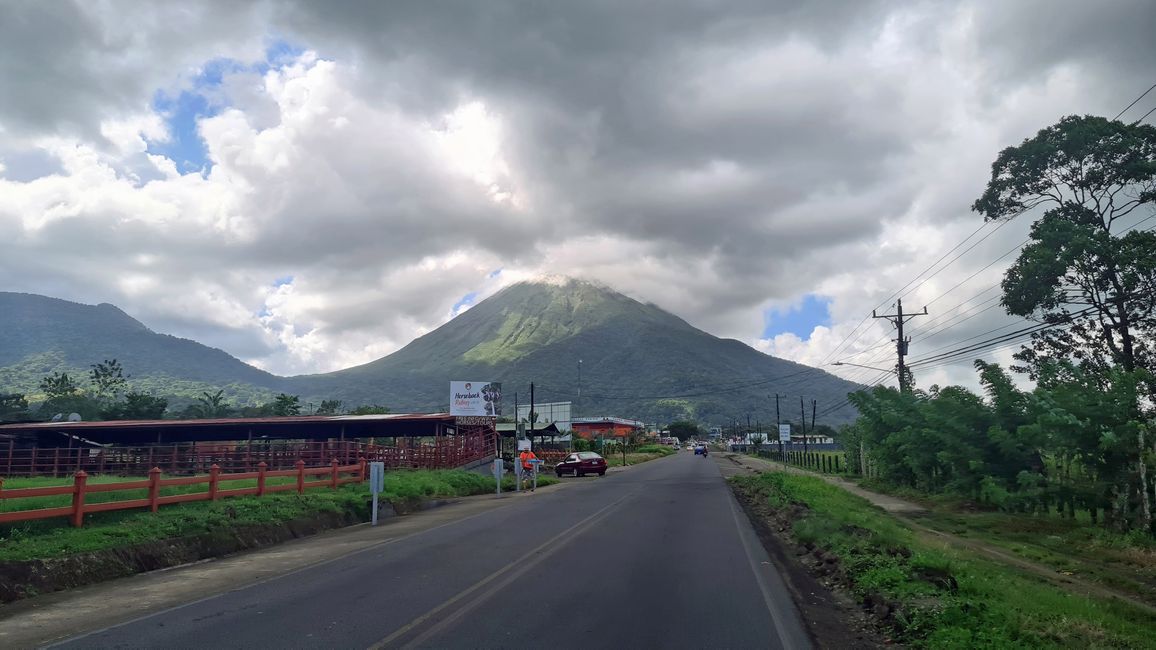
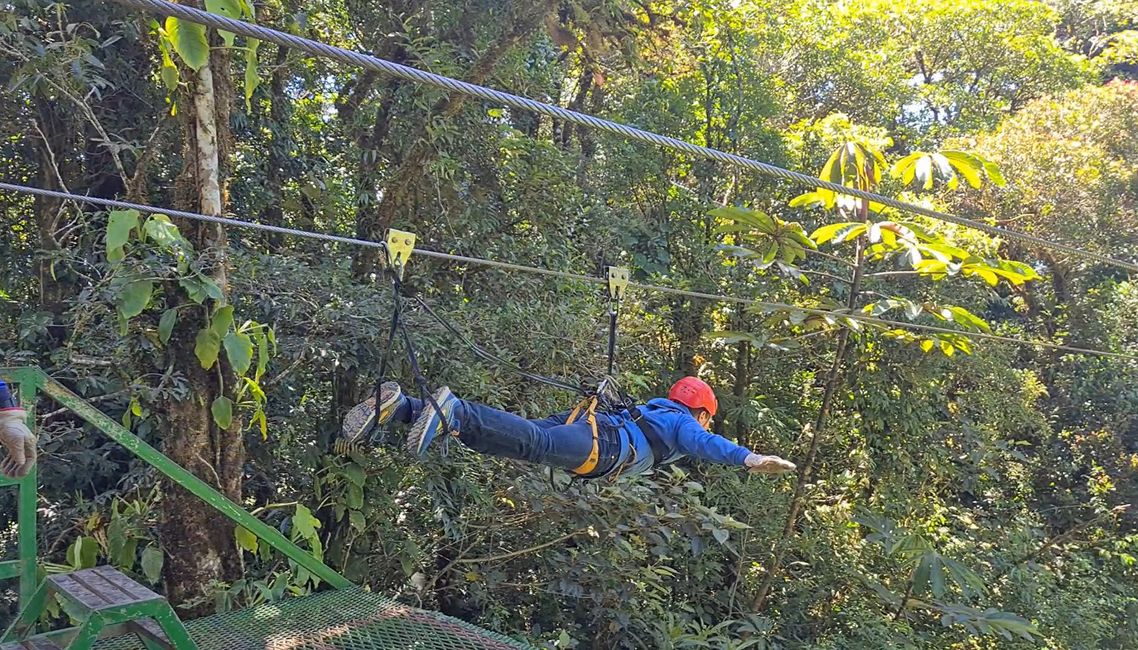
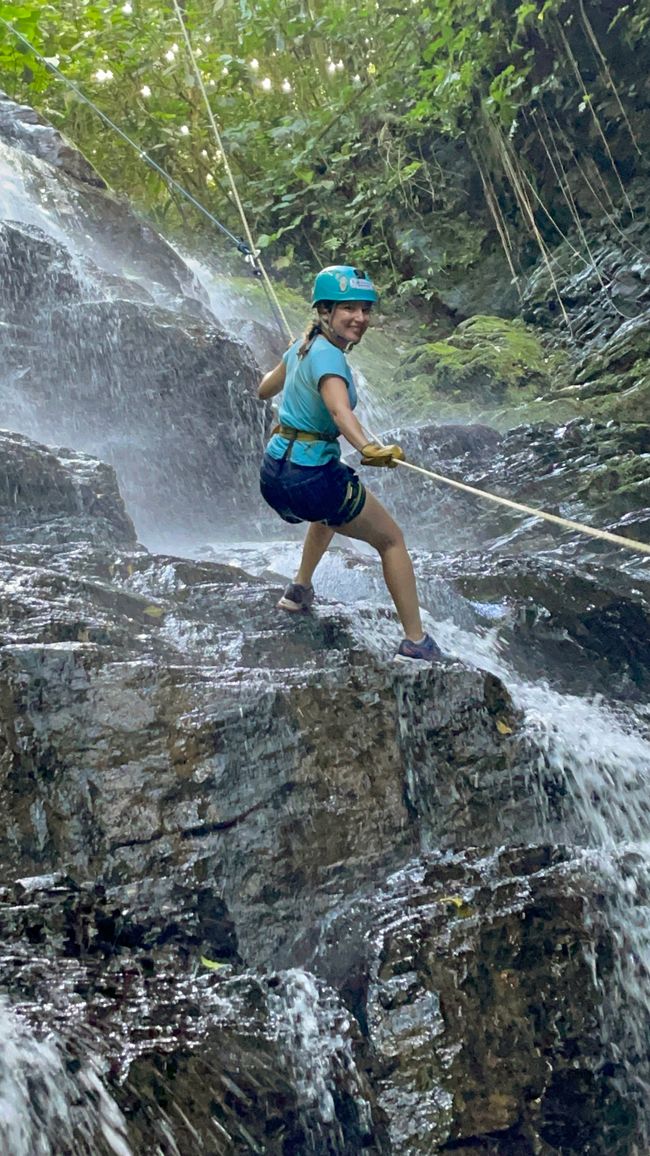
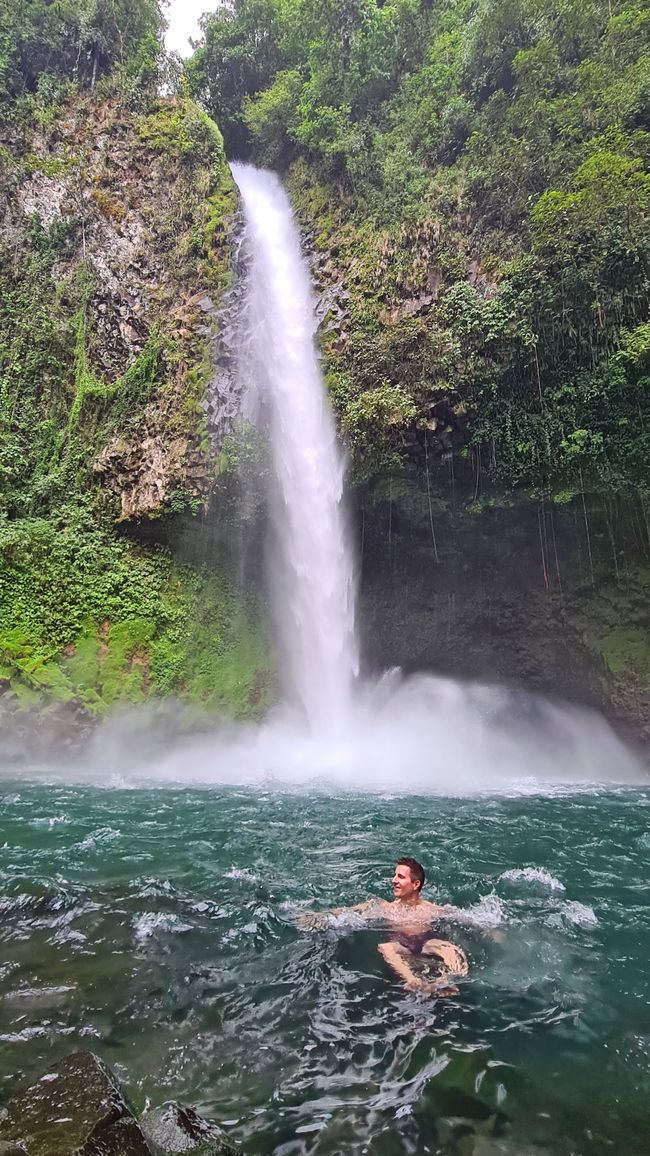
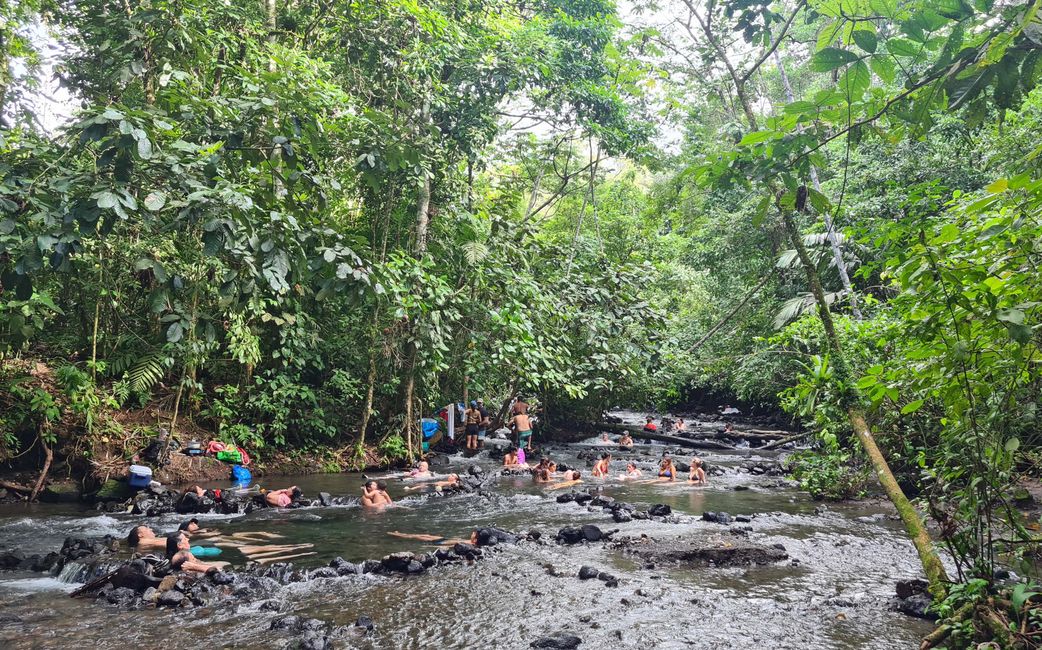
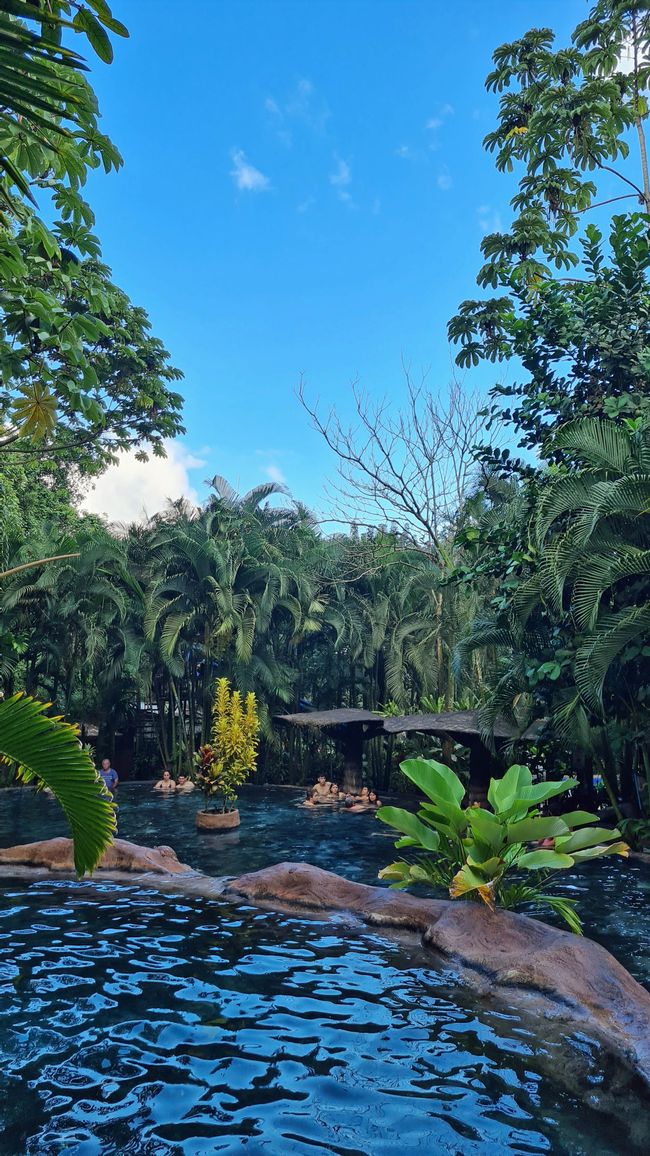
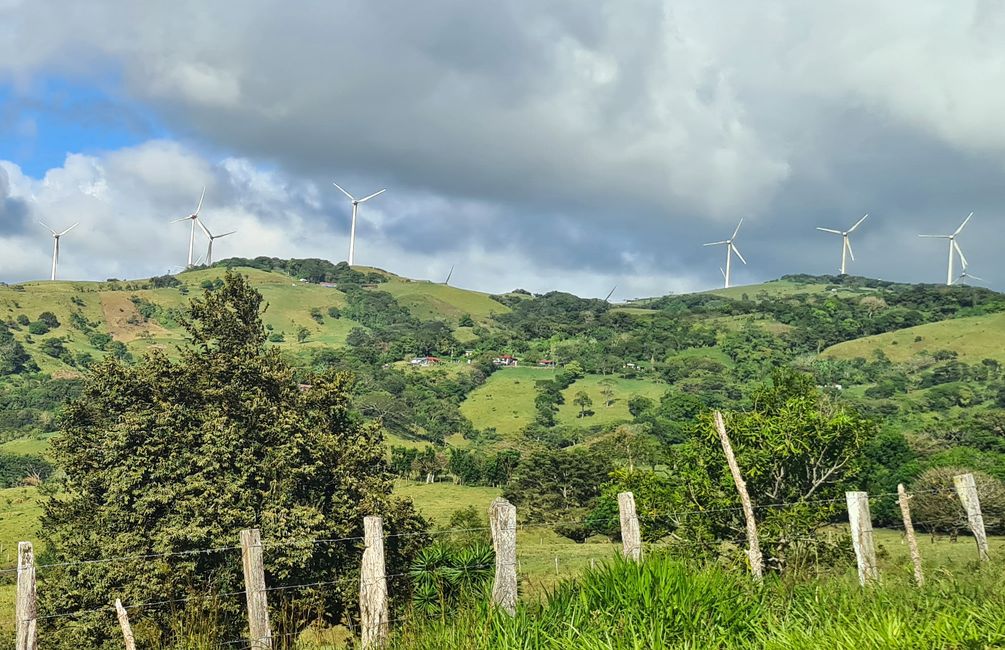
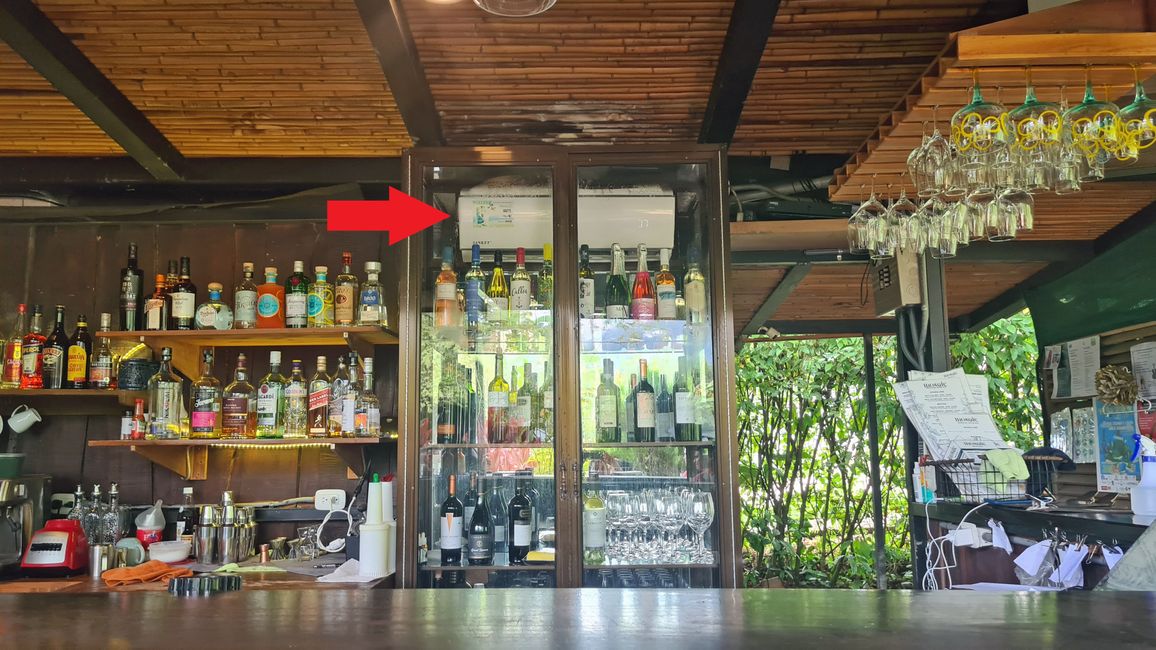
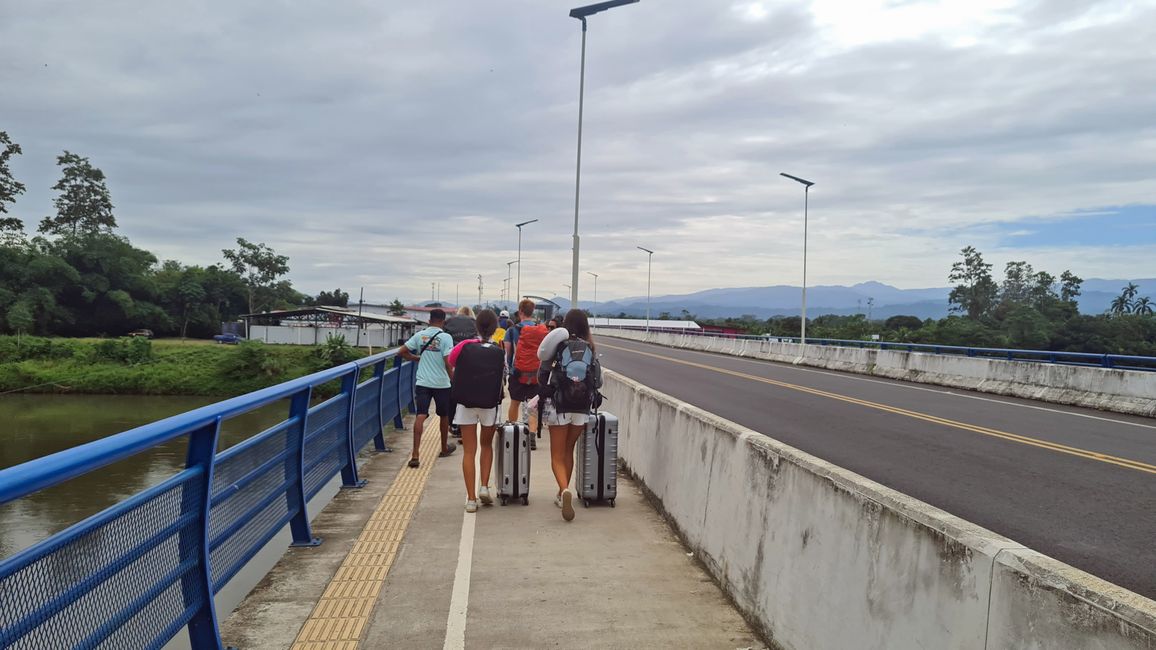
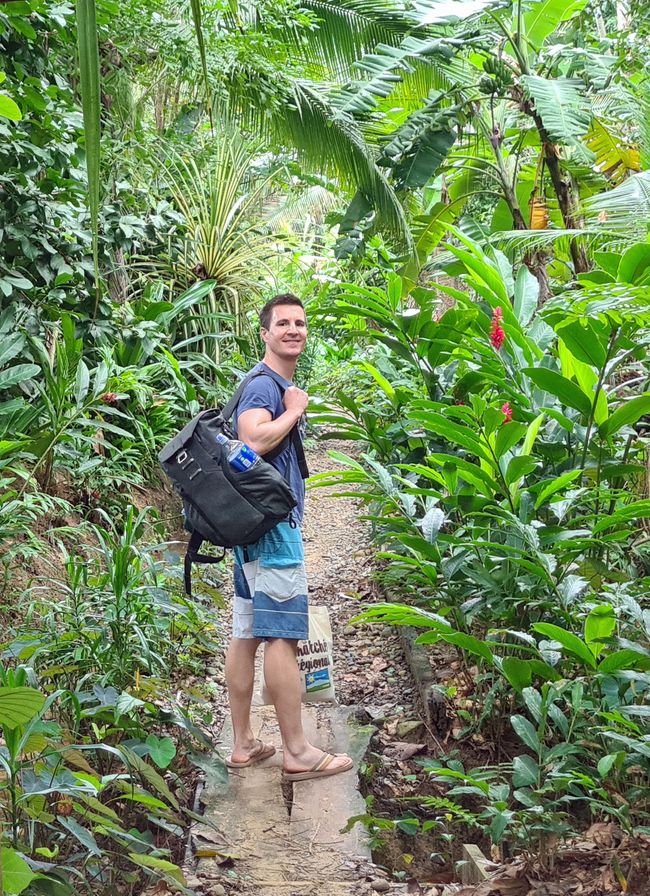
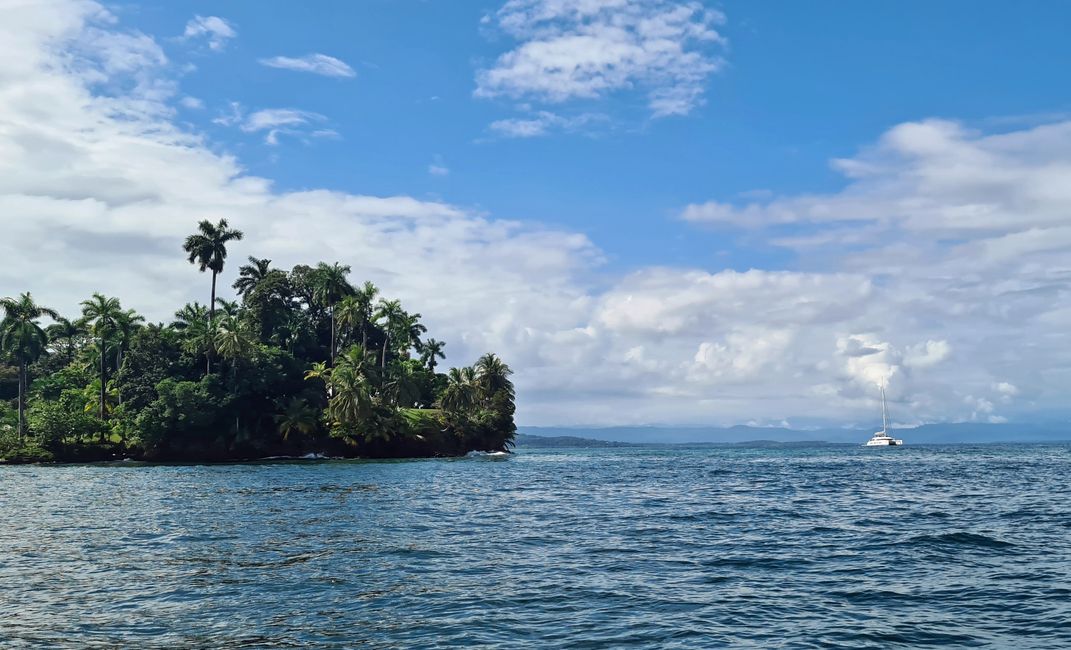
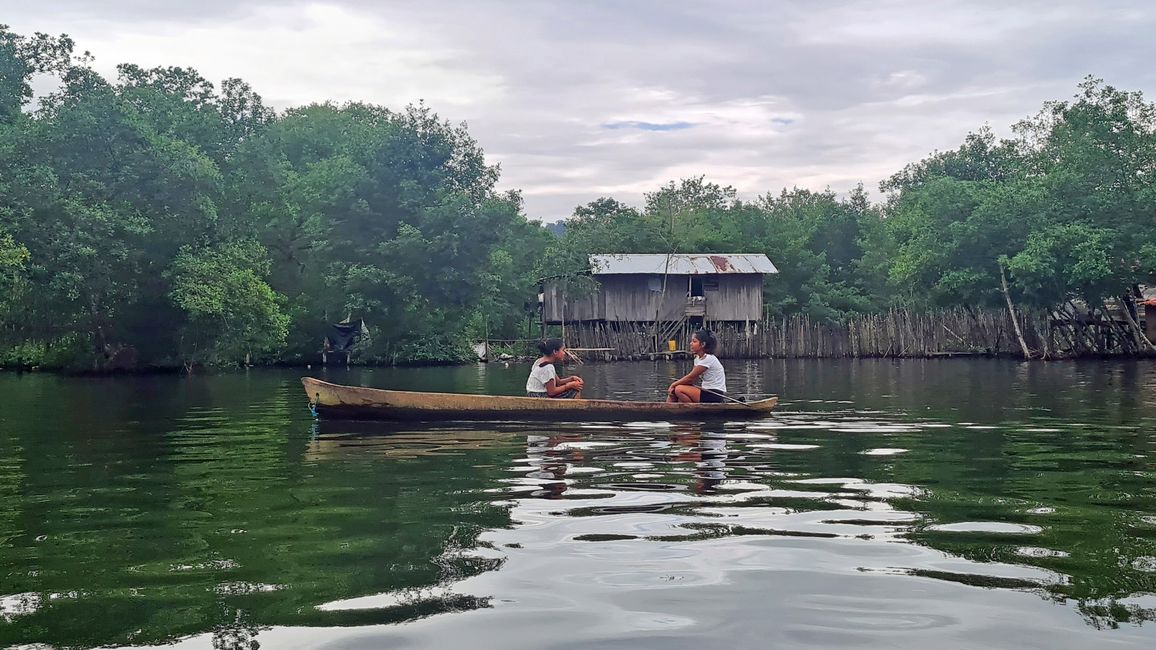
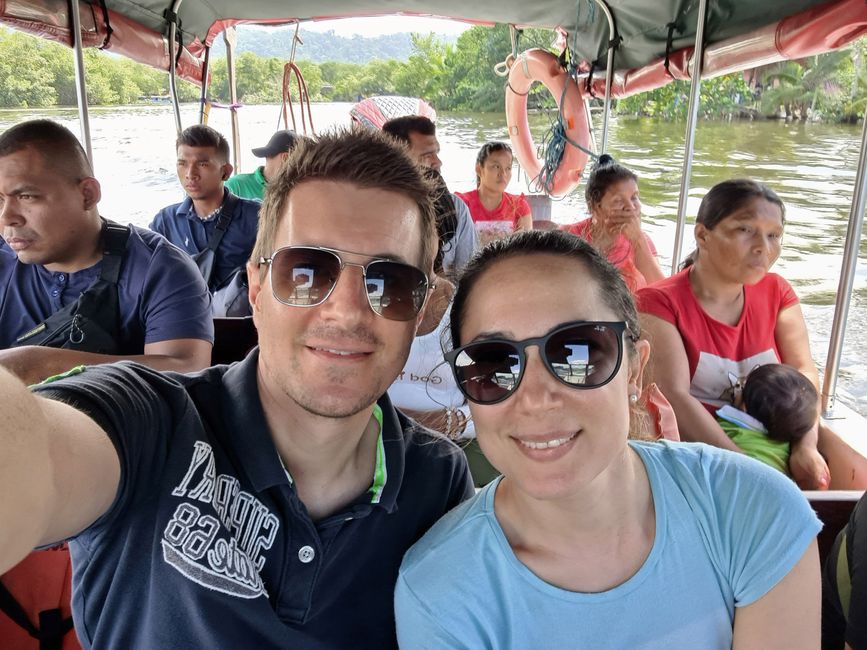
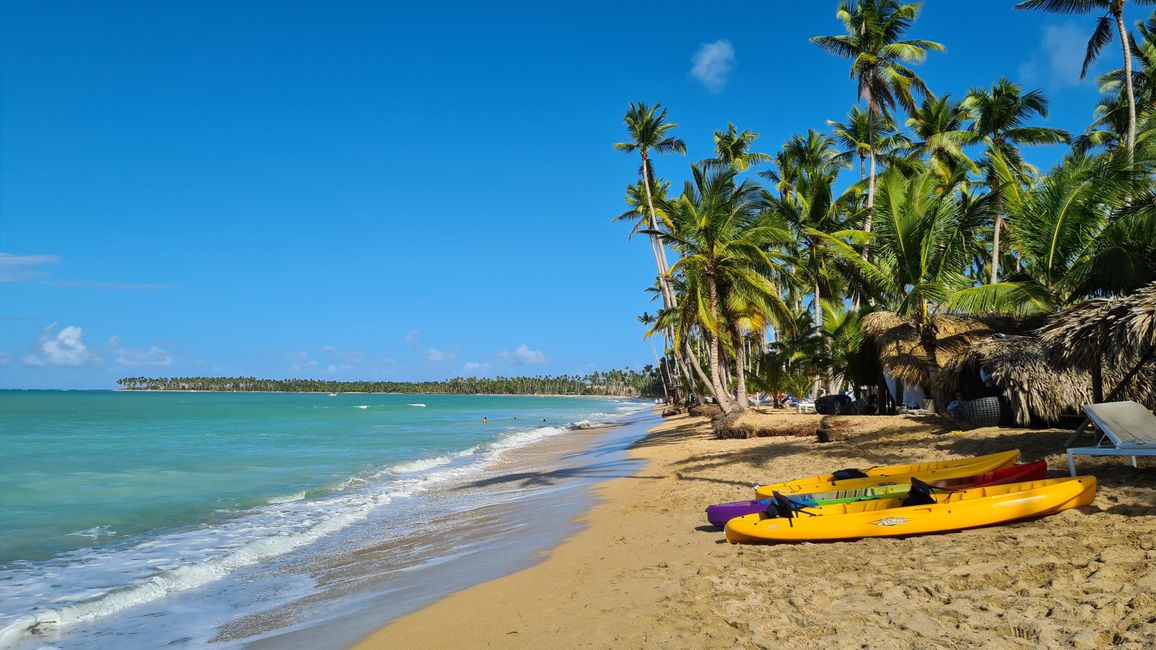
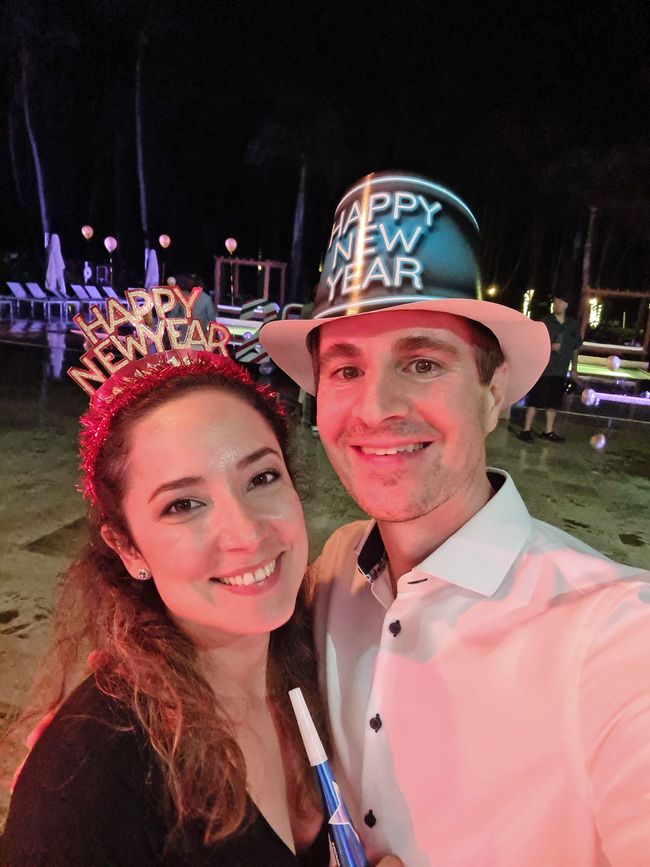
ਨਿਊਜ਼ਲੈਟਰ ਦੀ ਗਾਹਕੀ ਲਓ
From the beginning, Costa Rica was actually a big misunderstanding. Literally. Because when Christopher Columbus arrived here in 1502, he was firmly convinced that the hills near the Caribbean coast were rich in gold veins, which is why he named his newly conquered territory "rich coast", costa rica in Spanish. The catch was that Columbus was once again wrong. Because Costa Rica, like Switzerland, is indeed a beautiful and now prosperous country, but it has no natural resources. The Spanish, who came later, quickly realized this to the delight of the indigenous people, and they left Costa Rica and focused on other areas in Central and South America that were much richer in gold and silver. Although the Spanish needed many forced laborers from different areas for the exploitation of the mines, they avoided the logistical effort to exploit the sparsely populated Costa Rica and left the indigenous people mostly in peace.
Exactly 520 years later, we are now setting foot in Costa Rica for the first time. And you could also say that this visit is based on a misunderstanding. Because Marco doesn't actually want to travel to Costa Rica ("too touristy, too American, too expensive"). Yumi argues that the country is very small and we can quickly and cheaply explore the many natural highlights (rainforests, animals, beaches, volcanoes, waterfalls) on our own with a rental car. "Besides, we didn't visit any rainforests in Bolivia and now the dry season is starting in Costa Rica, so the weather is perfect." Marco can't really argue with these good arguments, so: Off to Costa Rica!
When we arrive in Costa Rica, we are shocked: there are a brutal number of tourists in the country! Many of them are Americans who exclaim "Oh wow!" at every pseudo attraction. We are not any better and comment on every price tag with "Wow, that's expensive!". This is not due to our incorrect exchange rate calculation, because here in Costa Rica, prices are everywhere also in US dollars, but the prices in the supermarket or at Starbucks (there are plenty of them here) are actually comparable to Switzerland. Unfortunately, even the cheapest rental car here costs at least 150-200 Swiss francs per day, so we cover our first travel leg by bus. Because we have been traveling in cheap Bolivia for 3 weeks before, the high daily expenses hurt even more. Unfortunately, in Costa Rica, the supposedly freely accessible natural beauties are mercilessly monetized. It is completely normal here to charge an entrance fee for visiting a beach, a hiking trail, a park, or a waterfall. And we're not talking about symbolic entrance fees or a small CO2 levy, but about 20 to 60 Swiss francs per person and attraction...
So Marco was right: Costa Rica is really very touristy, American, and expensive. But Yumi is also right that a visit is worth it, because even the expensive adventures are worth the money and it doesn't primarily go into the pockets of private companies, but mainly supports local nature conservation organizations. And from the first day on, we benefit multiple times from Costa Rica's intact nature: On the one hand, you can drink tap water everywhere without any worries, and on the other hand, we encounter exotic animals every day. It starts right at our beach hotel, where we actually want to recover from Bolivia and "isolate" ourselves for a few days. We succeed fairly well, except when it comes to the local wildlife. On the first evening, we encounter a raccoon in front of our room door, who is taking his rounds. The next morning, we have breakfast together with several cat-sized iguanas next to our chairs. And while jogging under a tree, we encounter a family of macaws, where every bird measures almost a meter from beak to tail feather! Even the hotel's own golf course, which doesn't interest us at all, is an absolute must-do because it is home to sloths, monkeys, toucans, and hummingbirds living in the surrounding trees, which make us feel like we are in a zoo. And we wonder who is actually visiting whom here, for example, when we see a capuchin monkey at lunchtime, calmly going to the buffet and taking a banana :-)
With time, we have more and more contact with the "Ticos", that is, the inhabitants of Costa Rica. Originally, it was the neighboring countries of Costa Rica that called them Ticos because they use relatively many diminutives compared to other Central American citizens, so instead of "chico" (small), they say "chiquitico" (tiny), for example. In the meantime, the inhabitants of Costa Rica call themselves Ticos because it is much easier than the correct term "costarricenses". Speaking of correct: From the very beginning, what catches our ears is the English way in which the Ticos pronounce words with "r" or "rr", for example, "correcto". Instead of rolling round red carrots (like all other Latinos), they pronounce the R with an American accent, for example, like in the English word "rainbow". This goes so far that they don't roll the R in "Costa Rica" and pronounce it exactly the same as the Americans. And a beautiful, Spanish, rolled "correcto" becomes a strange American-sounding "cowrecto" :-) At first, we thought that this was an embarrassing wannabe American behavior because many Ticos speak English, have fair skin, and maybe want to be taken for bilingual Americans. Later we learned that we were completely wrong. The Ticos allegedly practice the non-rolling since many generations, long before the first Americans discovered the beauty of the country and flocked here in droves. It is simply a regional language anomaly. However, one that makes us smile again and again and that we like to imitate occasionally for better integration :-)
Another language mistake can be found among newly minted parents in Costa Rica. Namely, when they give their children a name they have heard somewhere or made up themselves. So during our trip, we encounter, among others, Gretchen, Wilman, and Yerfrison. Even the last names have thigh-slapper potential, for example, the country's first female president is named Laura Chinchilla. But the most sympathetic language peculiarity in Costa Rica is a different one, namely the excessive use of the expression "pura vida" (literally: pure life). Pura vida is used here for hello, goodbye, OK, thank you, please... and even as an answer to the question how you are doing. The expression stands for the positive attitude to life of the Ticos, who are known for their friendliness and their life motto that you should enjoy and appreciate every moment. The positive and peaceful vibes of the inhabitants are actually contagious and deeply rooted in the history of the country. After World War II, the then government of the country decided to completely abolish the military and instead invest the freed state funds in education and health programs. This decision has not been questioned to this day, which is why Costa Rica, unlike almost all other Latin American countries, has been able to build a stable economy and has never experienced a civil war or a dictatorship.
Because of its stability and political neutrality, Costa Rica is also called "the Switzerland of Central America." A short fact check actually shows that Costa Rica has nothing to fear in statistical comparisons with Switzerland. In terms of size and population, the countries are roughly comparable (Costa Rica is slightly larger and has slightly fewer inhabitants). Costa Rica even outperforms Switzerland in one or the other statistic: For example, in Costa Rica, 98% of the electricity demand is covered by the use of renewable energy sources (Switzerland: 69%), and almost one-third of the country's land area is protected (Switzerland: less than 10%). Life expectancy is over 80 years in both countries, but Costa Rica has the rare honor of being one of only 5 "blue zones" in the world, that is, an area where people commonly live to be over 100 years old (as is the case in Sardinia, Greece, or Japan, for example). We don't know the life-prolonging secret of the Ticos, but we have a suspicion: They don't let themselves get stressed! You can observe this best when driving a car: Throughout the country, the "highways" consist of single-lane roads where you are allowed to drive a maximum of 80 km/h, but mostly only make progress at 50-60 km/h because the fully loaded trucks don't drive faster and all cars have to queue up behind them. So, the Ticos amble comfortably in their caravan for hours and simply add 50% to the route calculation of Google Maps in order to arrive at the destination on time :-) The true reason for the high life expectancy is probably simply the Ticos' diet: They have a champion's breakfast by eating "Gallo Pinto" every day (rice, beans, and eggs). And because both the Pacific and the Atlantic are never far away, they also eat a lot of fresh and raw fish for lunch and dinner. In general, everything that their forests and soils produce is pretty healthy, as Costa Rica has been successfully focusing on environmental protection and ecotourism for decades.
Instead of prolonging our lives in Costa Rica, we risk shortening it several times. On the one hand, in the Disneyland-like adventure area around the Arenal volcano in the north of the country. Whether river rafting, canyoning, ziplining, or bungee jumping: Here you can do everything your heart actually doesn't desire. On the other hand, we experience our biggest adventure involuntarily somewhere else, namely in the coffee region of Turrialba. During the car ride to our country inn, where we want to spend a short night on our way to the Caribbean coast, we make a fatal decision: We take the shortcut recommended by our offline navigator and leave the paved road 10 km before our destination. It is raining and already quite dark when our budget car rolls down a gravel road that becomes more and more rocky and steep. "Fortunately, we don't have to go back there anymore", Marco jokes when we cross a stream in between and almost get stuck. 5 km before reaching the destination, then the shock: we can't go on! The "road", or what is left of it at this point, ends here, or rather is blocked by a barrier with the sign "No Passage". Great, we have just ended up somewhere in the middle of nowhere, it is pitch dark, and there are no houses around us. At least Yumi's phone still has 10% battery, but that doesn't really matter because she only has credit for a single call on her prepaid plan anyway. Turning back is not really an option as our car is only front-wheel drive. Calling emergency services would be a bit too much, as our hosts might pick us up with an off-roader and we can solve the problem in daylight tomorrow. So, the best thing to do is to call our country inn... where was the number again? Ah yes, in the confirmation email... which we can only access with the internet, which we don't have. Luckily, we find a phone number of another guesthouse in a guidebook, which Yumi immediately calls, hoping that the lady on the other end of the line can help us. But she can't. To Yumi's dismay, the nice lady doesn't understand what's happening with us even after the third attempt and that we would appreciate it if she could contact our country inn, until suddenly the connection breaks off - our credit is used up. So, there's only one option: turn around and go back, even without a car if necessary. It gets really uncomfortable because the front wheels spin at the first slope. With emergency, momentum, dirt, and luck, our rattling box somehow manages to master the difficult ascent after all, and after over an hour, we are back on the paved road, which we would love to kiss :-) When we arrive late in the evening at our accommodation, we try to reassure our hosts because we think that they must have been worried about the woman who contacted them after our phone call. "Which woman?" they ask back, "nobody contacted us. But it's nice that you finally made it - pura vida!"
ਨਿਊਜ਼ਲੈਟਰ ਦੀ ਗਾਹਕੀ ਲਓ
ਜਵਾਬ
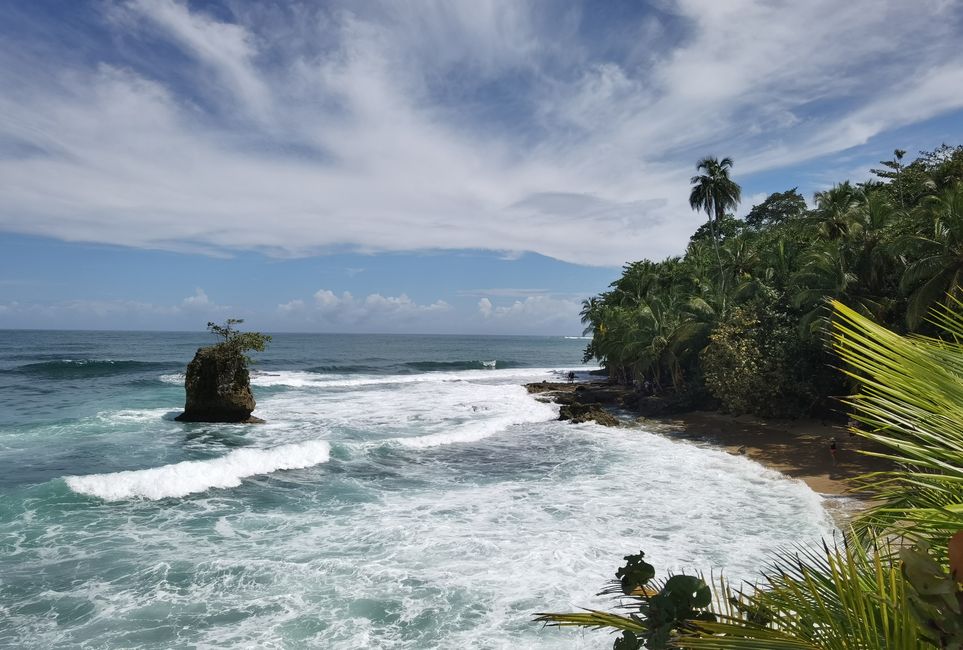
ਯਾਤਰਾ ਰਿਪੋਰਟਾਂ ਕੋਸਟਾਰੀਕਾ

